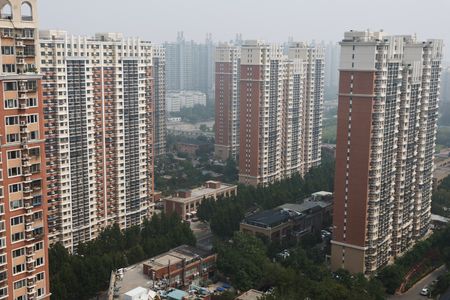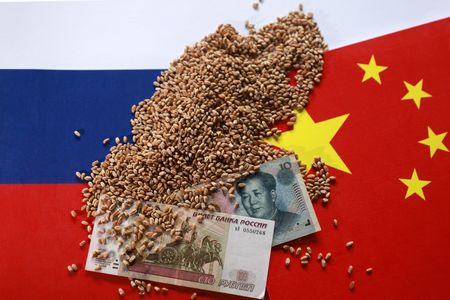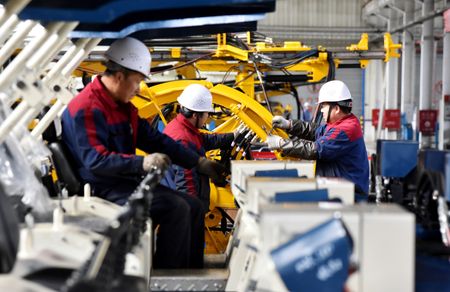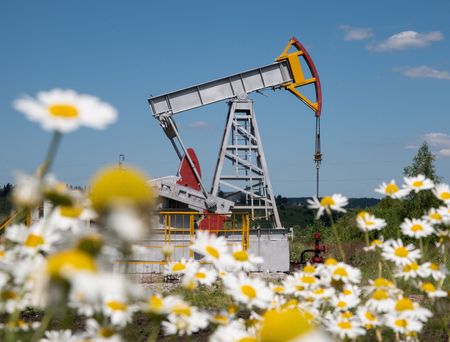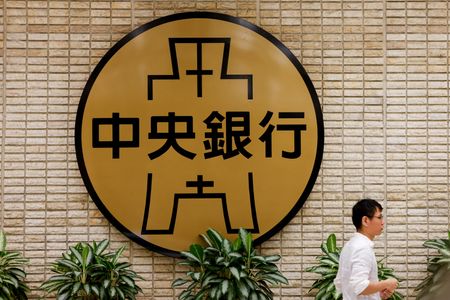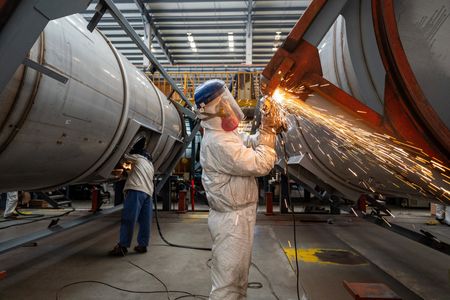BEIJING (Reuters) – China’s new home prices fell again in August, extending a prolonged slump in prices as persistently weak demand in the pivotal housing sector remains a drag on economic growth.
Prices slipped 0.3% in August from the previous month, according to Reuters calculation based on data released by the National Bureau of Statistics. The figure matched July’s month-on-month decline and extended a weak trend that has persisted since May 2023.
On an annual basis, new home prices dropped 2.5% in August, narrowing from a 2.8% decline in July.
China’s real estate sector entered a downturn in 2021. Multiple rounds of stimulus measures, from mortgage rate cuts to launching a programme for renovating urban villages, have so far failed to achieve a sustained turnabout.
A spokesperson for the statistics bureau told a press conference on Monday that the property sector was still stabilising, despite some volatility, and more effort was needed to support demand.
The sector, which accounted for about a quarter of economic activity prior to its collapse four years ago, remains a heavy drag on the world’s second-largest economy.
Authorities have stepped up efforts to boost consumption and curb price wars to meet Beijing’s around 5% growth target in 2025, but deflationary pressures and U.S. tariffs have added to economic headwinds.
“Based on current data and market trends, the real estate market is likely to face significant adjustment pressure in the near term,” said Zhang Dawei, a property analyst at Centaline.
“The market is anticipating stronger measures to stabilise the housing sector, including easing home purchase restrictions, looser credit policies, and, in particular, a potential interest rate cut on the Loan Prime Rate (LPR) on September 20,” Zhang added.
Of the 70 cities surveyed, 57 reported month-on-month declines, and 65 recorded year-on-year falls.
Resale prices also weakened. Prices in tier-one cities fell 3.5% year-on-year, while tier-two dropped 5.2% and tier-three prices were down 6.0%.
Separate data showed property investment slumped 12.9% year-on-year in January–August, with property sales by floor area falling 4.7%.
Mainland and Hong Kong property stocks slid in early trading, with the Hang Seng China Mainland Property Index and the CSI 300 Real Estate Index dropping 2.3% and 0.7%, respectively.
Iron ore futures prices slipped on Monday due to ongoing weakness in China’s property sector, even as steel and steelmaking ingredients rose.
Most analysts in a Reuters poll expect home prices to stabilise no earlier than the second half of 2026 or 2027, about half a year later than expectations three months ago.
Weak income expectations, elevated unemployment pressures, and high listings in the secondary market continue to dampen buyer sentiment, particularly in smaller cities burdened with high inventory, analysts say.
Households, which saw their wealth shrink in the real estate downturn, have tightened their purse strings while business confidence has faltered, dampening the job market.
In the past few weeks, Shanghai and Shenzhen, two of China’s biggest cities, further eased homebuying curbs, scrapping them in some districts for qualified buyers.
The central government, meanwhile, kept its policy calls for stabilising the market. Premier Li Qiang said in a meeting in August that China should “adopt forceful measures to consolidate the stabilising trend” in the real estate market and stimulate demand for housing upgrades.
(Reporting by Liangping Gao, Yukun Zhang and Ryan Woo; Editing by Sam Holmes and Jacqueline Wong)

